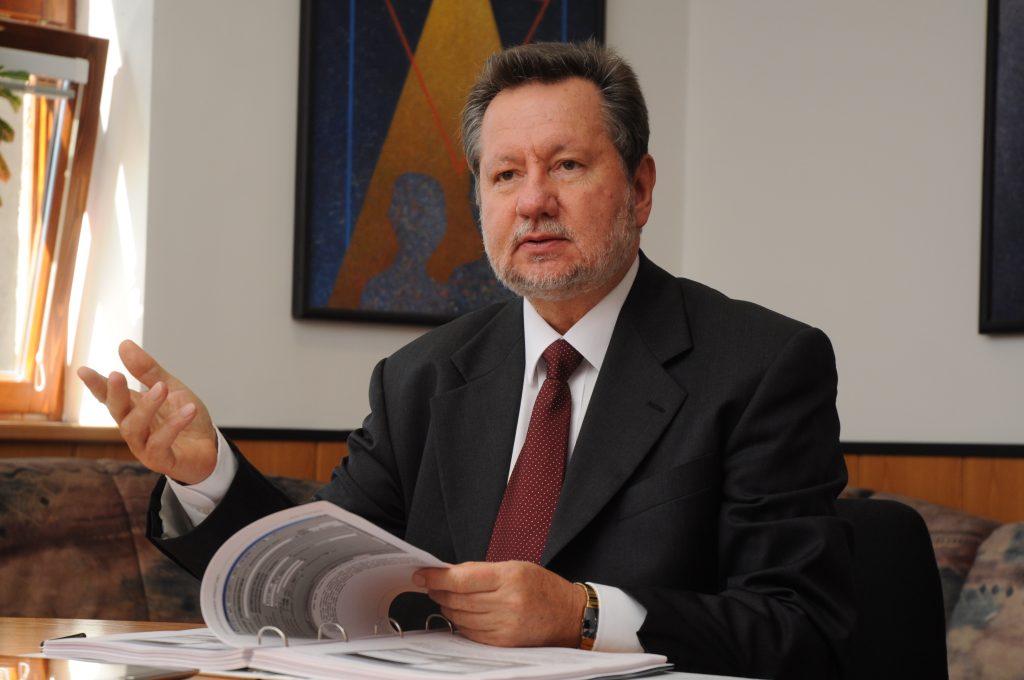The best are connecting with the best.
RNDr. Eduard Haluška, CSc.
SFÉRA, General Director and Chairman
KInIT develops a microgrid model, which allows the simulation of power flow in microgrids with various elements, such as consumers, renewable energy sources (RES), batteries and their various configurations.
This model will allow us to test different strategies for microgrid energy management and RES energy sharing amongst the consumers.
Energy management can be seen as an optimization problem. Its goal is the most efficient use of all produced RES energy, which should be either consumed immediately or stored in batteries. The stored RES energy can eliminate the usage of fossil fuel generators, which pollute the environment.
The centrally managed network gradually becomes a decentralized system. It breaks down into autonomous components, called microgrids, which can consist of consumers, renewable energy sources , high-capacity batteries, electromobility, etc. The planning and control of individual microgrid elements with respect to microgrid sustainability and consumers’ comfort is a very challenging task requiring advanced data analysis and optimization techniques.
The uncertainty in both power production and consumption caused by weather and consumers’ behaviour manifests much more on microgrid scale than in the centralized system. The uncertainty might cause unexpected extremes and anomalies in power load. For smooth functioning of a microgrid, it is essential to analyze (and ideally predict) them. Analysis of extreme values in power consumption is another challenge the “Data Analytics for Green Energy” team tackles in collaboration with sféra.

RNDr. Eduard Haluška, CSc.
SFÉRA, General Director and Chairman